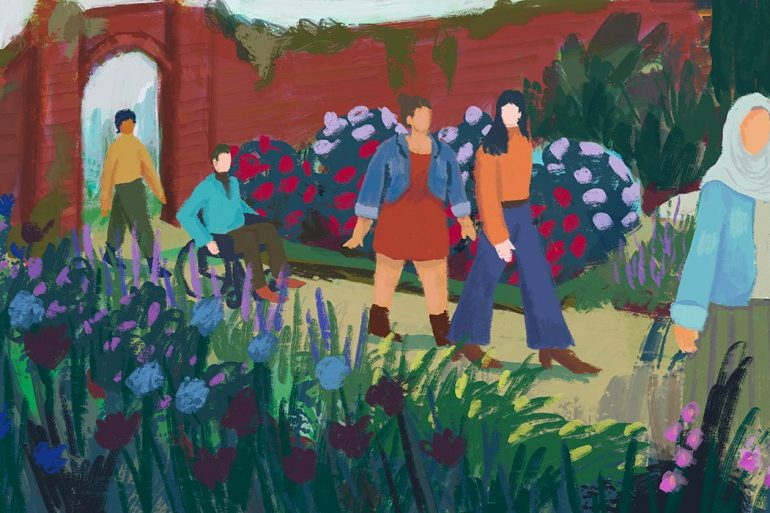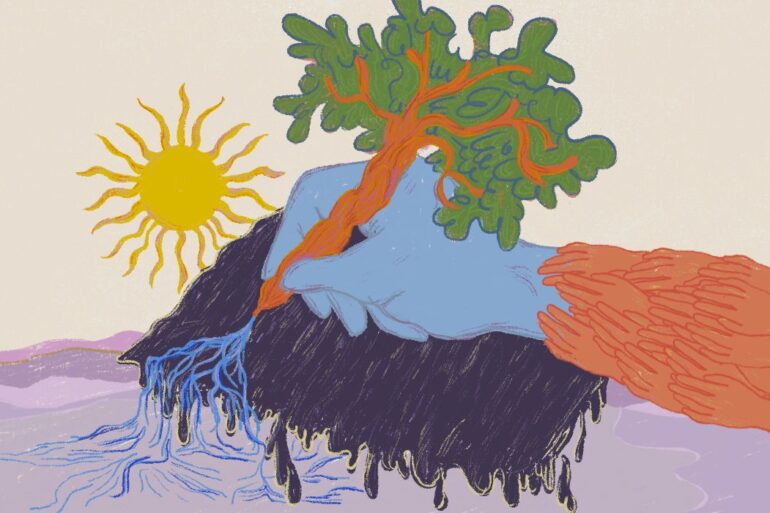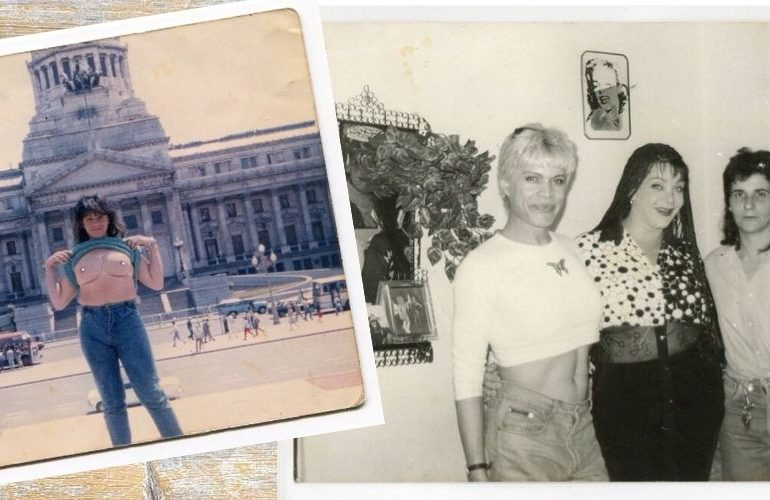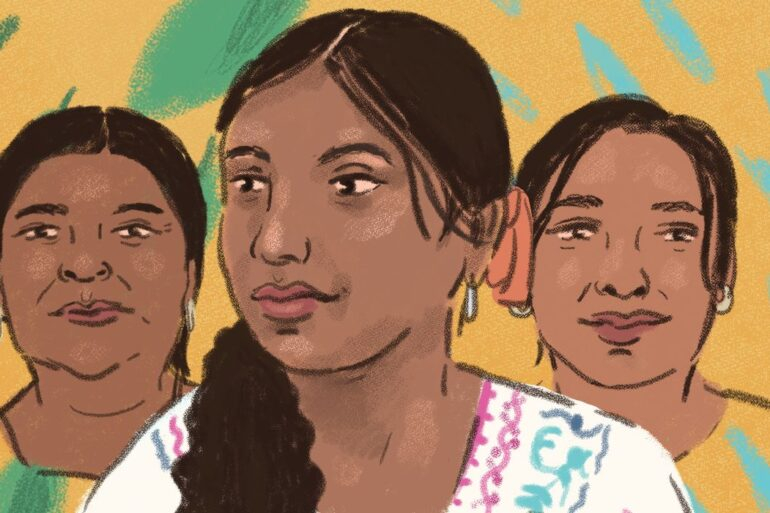“My music is basically just a diary that rhymes and sounds good”: Rapper Artan opens up about his new EP ‘Scattered Thoughts’, why mental health isn’t commonly discussed in the UK rap scene and the area code wars that are stopping North London musicians from flourishing.

There’s a lyric in one of North London rapper Artan’s tracks ‘Whym I High’ that goes: “gotta make sure 2020’s patent because in the 19’s my mind was feelin scattered, dreams are shattered”. Considering the current climate I ask him how this is going. He laughs and replies: “To be honest with you, I think I might have jinxed everyone – so sorry about that.”
However, in reality 2020 doesn’t seem to be going all too badly for the artist. He’s just released his EP ‘Scattered Thoughts’, a project which he hopes will offer insight into how all over the place his thoughts and emotions have been during this period. Potentially it is this open attitude that has allowed Artan to escape the adverse effects of COVID-19 which seem to have touched most artists. Instead of rejecting the situation that lockdown has engineered, Artan has leaned into it, offering tracks which discuss how quarantine has affected his productivity and mental health, issues which aren’t often openly spoken about, especially in the UK rap scene.
I ask him why he thinks this is, and he replies simply: “I think people want to make bangers”.
He continues: “Don’t get me wrong, you can still make a banger and talk about anxiety, but people want to show the best version of themselves at all times – the whole fake it till you make it thing is so popular. I like making litty tunes as well, but I like to show the human side of me – and humans aren’t just lit or depressed, they’re everything.”
This theme isn’t a new one for Artan, with previous songs discussing loss, anxiety and body image. We talk about whether these topics have become more widely discussed in recent years, and Artan replies that when it comes to mental health: “while people are discussing it more often, it’s only in relation to anxiety and depression. One of my family members has psychosis and I see videos online of people laughing at others going through a psychotic episode – and these are the same people that will post #mentalhealthawarenessweek.” He’s unconvinced that lockdown will have any effect on this. While he acknowledges that “more people will understand anxiety as people are spending more time alone which encourages self reflection”, there needs to be more awareness across the board.
Anxiety is an issue close to Artan’s heart, as it is this which kept him from pursuing a career in music sooner. “I moved around alot, I went to like six different schools for family reasons, so I decided I needed something to help me fit in, I didn’t want to be an outcast, I had been that before.” So Artan started beatboxing. “Kids would rap over my beats and that would help me integrate quickly”. He continued in this way, beatboxing and otherwise relating to music in a strictly consumer sense until he went to America with his cousins. “I was in the studio with them and all of them were rapping on the mic, and they were terrible, but that didn’t matter, they were loving it. They had heard me rap when I was drunk the night before and tried to get me to jump on but I refused. I was like to them: ‘I don’t think you understand, if I rapped, everyone in my area would laugh at me. That was a turning point for me, the next day I couldn’t believe that I had let someone’s opinion on the other side of the world, someone who I didn’t even like, stop me from doing something I would have enjoyed.” He then carried on rapping for fun and hitting the studio until eventually he realised: “I wanted to stop being the guy in the background, so once I eliminated the anxiety surrounding what other people think, I just thought: this is what’s giving me energy in life – so why not do it? Life’s too short”.
His nomadic upbringing not only encouraged him to start making music but also defined what kind of music he was going to make. This becomes clear when I ask him if he feels his style of rapping is part of any wider movement. “To be honest with you, I don’t actually. I feel quite isolated in terms of the music that I make. I don’t feel massively part of the urban rap scene but I don’t feel part of the UK hip-hop movement either.” We talk about other more conscious UK rappers who use their music as a vehicle to discuss important socio-political themes like Akala and Lowkey, but Artan doesn’t really feel hit fits in there either. “Akala and Lowkey are extremely political, and for me, I don’t have the answers. All I can do is tell you from my personal perspective how I feel. All I’m trying to do in every song is give people an insight to my diary. My music is basically just a diary that rhymes and sounds good.”
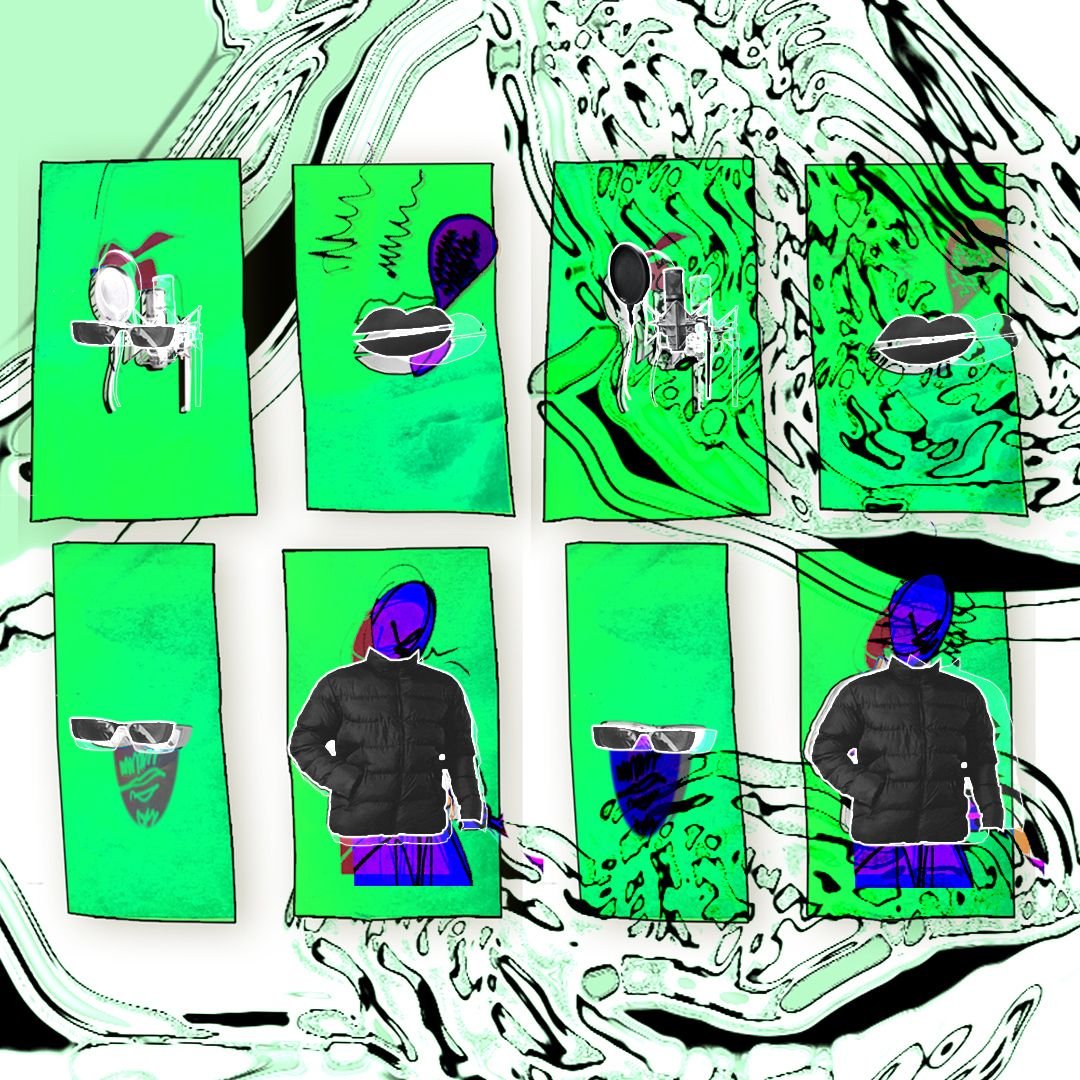
We chat a bit more about UK rap sub-genres and Artan explains that he doesn’t really feel like he fits into any of them. I ask him how he feels about this. “It would be good for me to have a bit more identity concerning where I fit in, but in the same breath that’s me. I’m not just one thing from one area who has grown up on the same estate, I’ve always been on my own, finding myself in different scenes and circles and that’s very reflected in my music. Some people see me as GRM daily and some people see me as alternate and like me for my singing. It’s hard to place me but I’m trying to work it out – maybe one day make my own sub genre and people can fall into my category.”
We get into chatting about one category in particular that’s coming out of North London in a big way: Drill. A genre often demonised in the news, categorised by its 808 beats and set to be all over Matt Hancock’s recommended on Spotify. I ask Artan what he thinks about ‘the little brother of grime’. “A lot of people say that drill incites violence, but it’s actually the other way around. Things happen – then people rap about it. It didn’t happen in a vacuum.” He also points out that drill can have positive effects on certain communities. “These kids that are living in poor areas, this is life. There are 100s of thousands of people living this life who aren’t rapping about it. Then one friend starts rapping, starts earning, talking about what they did and now they don’t need to do it anymore. Now you’ve got someone who has a job that’s in a position to say to their friends, ‘well, why don’t you do my art work, why don’t you be my tour manager’, and now you’ve got a whole community of people from the estate who have all these new opportunities because their one friend decided to rap about their life. All they are doing is rapping about their life, the same way I’m rapping about mine. Some people just can’t relate to it.”
Artan however does bemoan the violence which surrounds some types of music, and identifies it as the reason some artists aren’t realising their full potential, particularly, he states, in North London. “I wish there was more unity in North. There’s so much red tape and barriers, that stops the progression of North London artists because they can’t experiment as freely as they want just because of who they’re associated with.”
One artist coming out of North to buck this trend is Not3s, someone Artan has had the pleasure to play alongside while on a cruise ship with Yxng Bane. I ask if this moment was the one after which he felt like he had finally made it. “I’ve never felt as though I’ve made it – then I was maybe 1% of where I want to be. Although I did feel like I had manifested something I’ve always wanted to do, it was also a realisation that my dream wasn’t so far fetched. It made the anxious thoughts that I’m not good enough go away a bit.”
I ask him if he was 1% complete on the cruise ship what percentage he feels like he’s at now. He replies: “I’d still say I’m on 4%. I definitely have grown from where I was. I’ve been putting in a lot of work into my music and myself over the past two years and I feel like only recently have I begun to find myself, and started to understand what I want and how I can help people. The more that I learn, the more I want to do. I’ve got my foundations sorted, but I’ve still got a long way to go”.
Listen to Artan’s song Cycles HERE



